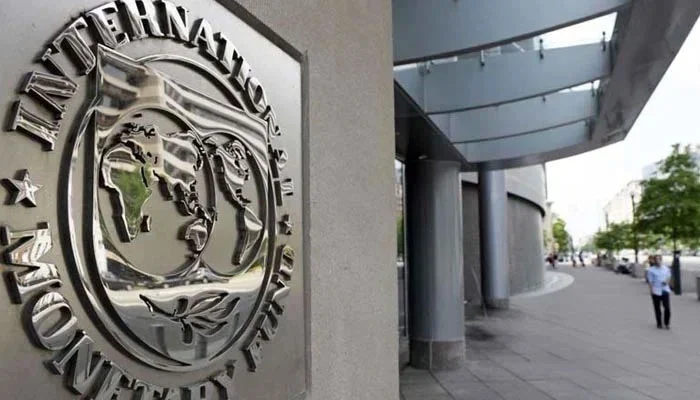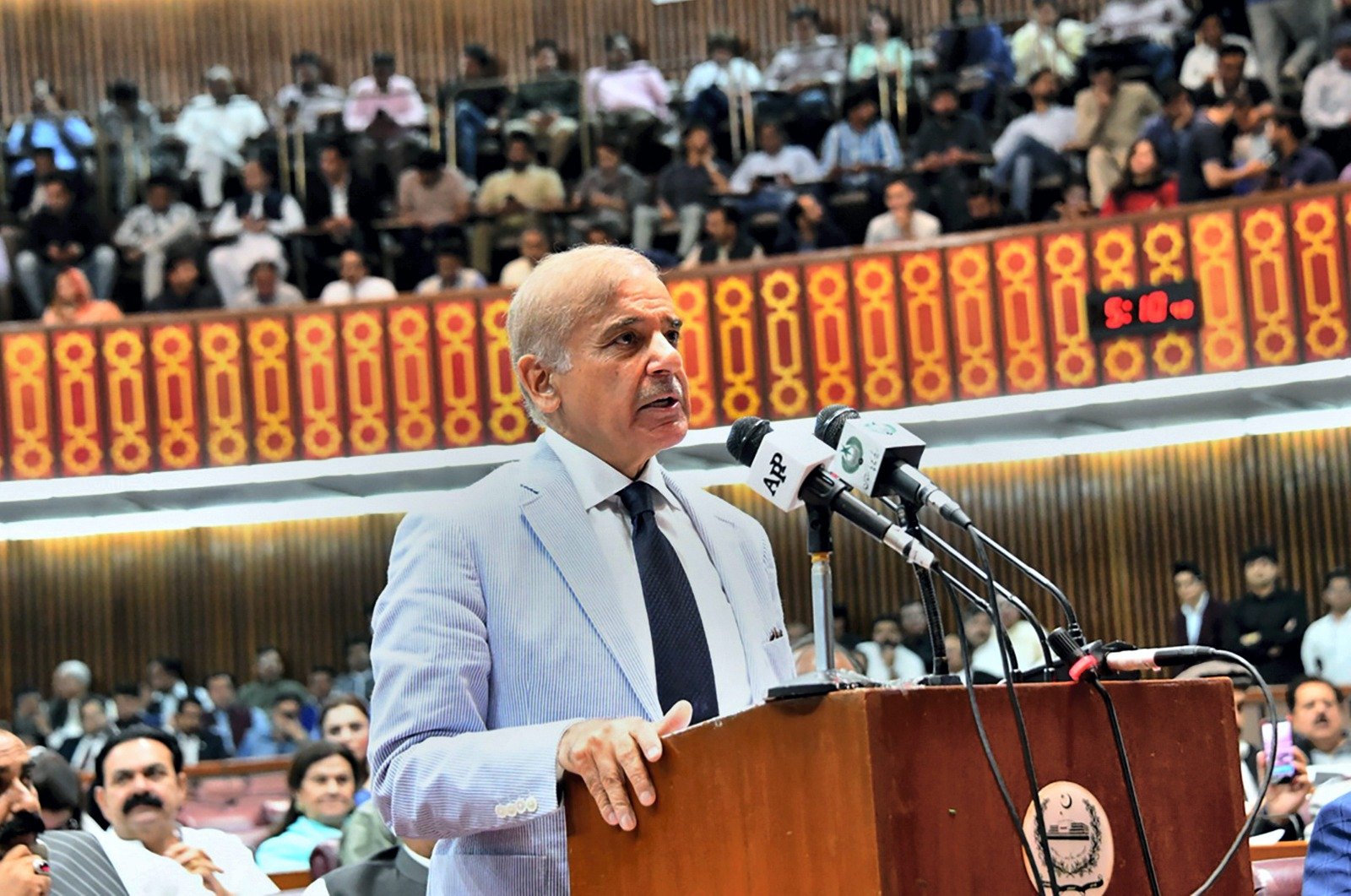IMF Rejects Government’s Proposed Tax Cuts and Concessions

The International Monetary Fund (IMF) has declined the majority of tax cuts and concessions proposed in Pakistan’s Finance Bill 2024-25, permitting only limited changes. The decision intensifies the government’s challenges as it seeks to balance fiscal constraints with economic growth.
Key IMF Decisions
The IMF’s refusal to endorse most proposed tax concessions includes:
- Fixed-Income Tax Regime for Exporters: The IMF rejected the government’s proposal to reintroduce a fixed-income tax regime for exporters with increased rates of 2-3%. The Fund insists on treating all incomes under the normal tax regime, opposing special treatment for export earnings .
- General Sales Tax (GST) on Stationery: While the IMF agreed to abolish the GST on textbooks, it declined to remove the tax on other stationery items like pencils, sharpeners, and exercise books, keeping the GST at 18% .
- Federal Excise Duty (FED) on Cement: The IMF has agreed to maintain the current FED on cement, rejecting the proposed increase from Rs2 to Rs3 per kilogram .
- GST for FATA/PATA: The IMF is resisting the government’s move to maintain a gradual GST rate of 6% for the Federally Administered Tribal Areas (FATA) and Provincially Administered Tribal Areas (PATA), a decision complicated by its political sensitivity .
Approved Concessions
The IMF has agreed to a few measures:
- GST Exemption on Textbooks: GST on textbooks will be abolished .
- Restoration of Tax Rebates for Professors and Researchers: The 25% tax rebate for full-time teachers and researchers will be reinstated .
Government’s Next Steps
To offset the rejection of proposed tax reductions and meet the fiscal requirements, the government plans to:
- Enhance FED on Air Tickets: The government will increase the FED on international air tickets, potentially doubling the current rate .
- Adjust Fiscal Space: The government needs to find ways to manage the fiscal space of Rs250 billion created by reducing the Public Sector Development Programme (PSDP) from Rs1,400 billion to Rs1,150 billion. This adjustment is crucial to meet revenue needs without further tax cuts .
Implications and Challenges
The IMF’s stance poses significant challenges for the Pakistani government as it navigates fiscal policy within tight constraints. The Finance Bill 2024-25, to be tabled in the National Assembly soon, must reflect these realities and accommodate the Fund’s stipulations. The ongoing virtual discussions between Pakistan and the IMF underscore the complexities of achieving economic stability while meeting international financial requirements and domestic political pressures .
As Pakistan gears up to finalize its fiscal strategy, the government’s ability to balance IMF demands with economic and political considerations will be pivotal in shaping the country’s financial landscape in the coming fiscal year.










